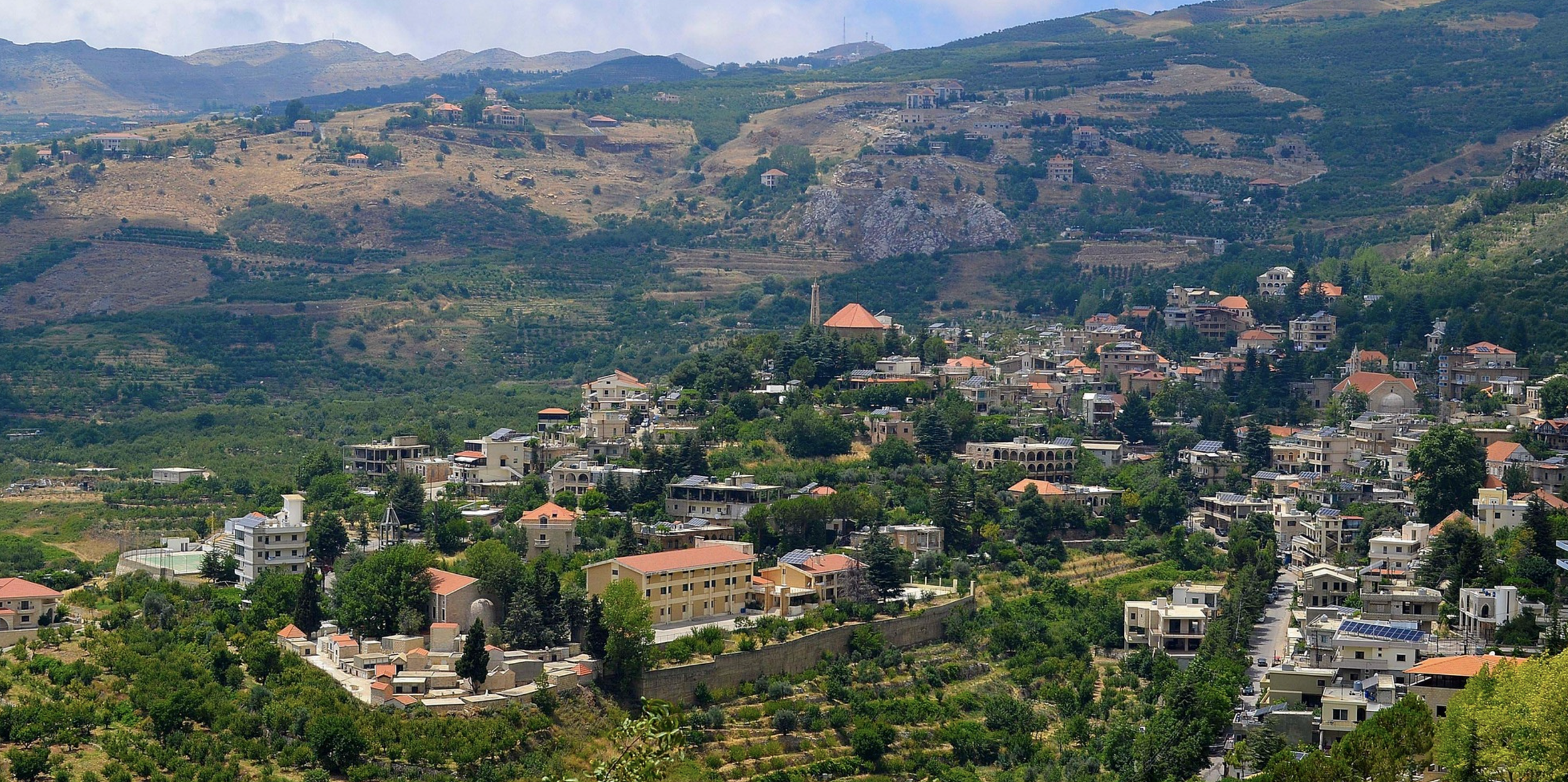
Discover Aaqoura
Before delving into our mission, projects, and studies, let us start by discovering the Mount-Lebanese town of Aaqoura together.
Aaqoura (also spelled Akoura, Al Aaqoura, or Aqoura) is one of Lebanon’s oldest villages, with roots tracing back to Phoenician times. Ancient ruins, Roman temples, and rock carvings scattered across its mountains tell the story of civilizations that once thrived here. The village has preserved its traditions through centuries, remaining a cultural gem in Mount Lebanon.
-

Seasons in Aaqoura
Aaqoura is beautiful all year round, with each season offering its own charm. Spring brings cherry blossoms that paint the village in pink and white, while summer’s cool mountain air makes it a perfect escape from the heat with festivals, hikes, and lakeside picnics. Autumn transforms the orchards into shades of gold and red during harvest time, and winter covers the mountains in snow, turning Akoura into a playground for skiing, snowshoeing, and winter adventures.
-

Tourism in Aaqoura
Tourism is at the heart of Aaqoura’s identity, drawing nature lovers, adventurers, and history enthusiasts. Visitors can explore the famous Aaqoura lakes, hike rugged trails, camp under the stars, or discover ancient monasteries and Phoenician ruins hidden in the mountains. Festivals like the Cherry Festival bring locals and tourists together, while eco-tourism, adventure sports, and authentic Lebanese hospitality make Aaqoura a must-visit destination in Mount Lebanon.
-

Agriculture & Crops
Aaqoura is best known for its cherries, which have earned the village a reputation across Lebanon and beyond. The fertile soil and mountain climate also support apple orchards, vineyards, figs, and olive groves, making agriculture a vital part of daily life and the local economy. Seasonal harvests don’t just supply markets—they also connect deeply to Aaqoura’s traditions, with families producing homemade jams, vinegars, and ciders that reflect the region’s rich agricultural heritage.
